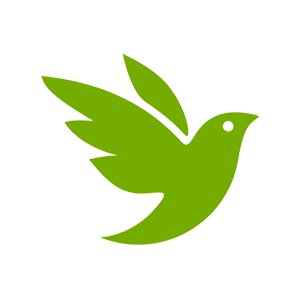World Bee Day/Week 2024 Bioblitz Project May 17, 2024 - May 23, 2024, please join.
To raise awareness of the importance of pollinators, the threats they face and their contribution to sustainable development, the UN designated 20 May as World Bee Day.
Many watch fascinated as bees collect pollen, butterflies flutter among flowers, or hummingbirds and sunbirds sip nectar. The graceful movements, vibrant colours, and intricate patterns of pollinators enhance inspiring natural landscapes. Aesthetic appreciation, relaxation, and recreation are evoked as they enrich outdoor spaces such as gardens, parks, and wild habitat.
It is not surprising that these movements, colours, and patterns have inspired the imagination of artists, poets, musicians, and storytellers. Pollinators serve as motifs in tapestries, paintings, sculptures, literature, and folklore. Bees, butterflies, and hummingbirds and sunbirds have symbolic meaning and spiritual significance throughout history for various cultures. Many ancient societies have a long association of bees with fertility, cooperation, and industriousness. Renewal, rebirth, transformation, beauty, and the soul's journey are symbolized by butterflies in diverse cultural traditions. Love, beauty, vitality, energy, and harmony are symbolized in many cultures by hummingbirds and sunbirds. Across cultures and generations greater appreciation, respect, and stewardship of the natural world can be fostered by recognizing and honouring the cultural significance of pollinators.

Being aware of pollinator ecology, behaviour, and biology helps to foster an understanding of the multi-faceted relationships that uphold life with a broader appreciation of the diversity and complexity of nature. Pollinator conservation helps to preserve the wonder and beauty of the natural world by maintaining spaces that promote profound relationships to nature and nurtures the soul.
Bees, butterflies, moths, birds, and bats are some of the pollinators comprising the essential elements of ecosystems worldwide. Their interaction with flowering plants ensure the survival of diverse species and maintains the intricate web of life in terrestrial and non-marine habitats. Pollination facilitation supports genetic diversity of plant populations, which is crucial for the resilience and persistence of ecosystems.







